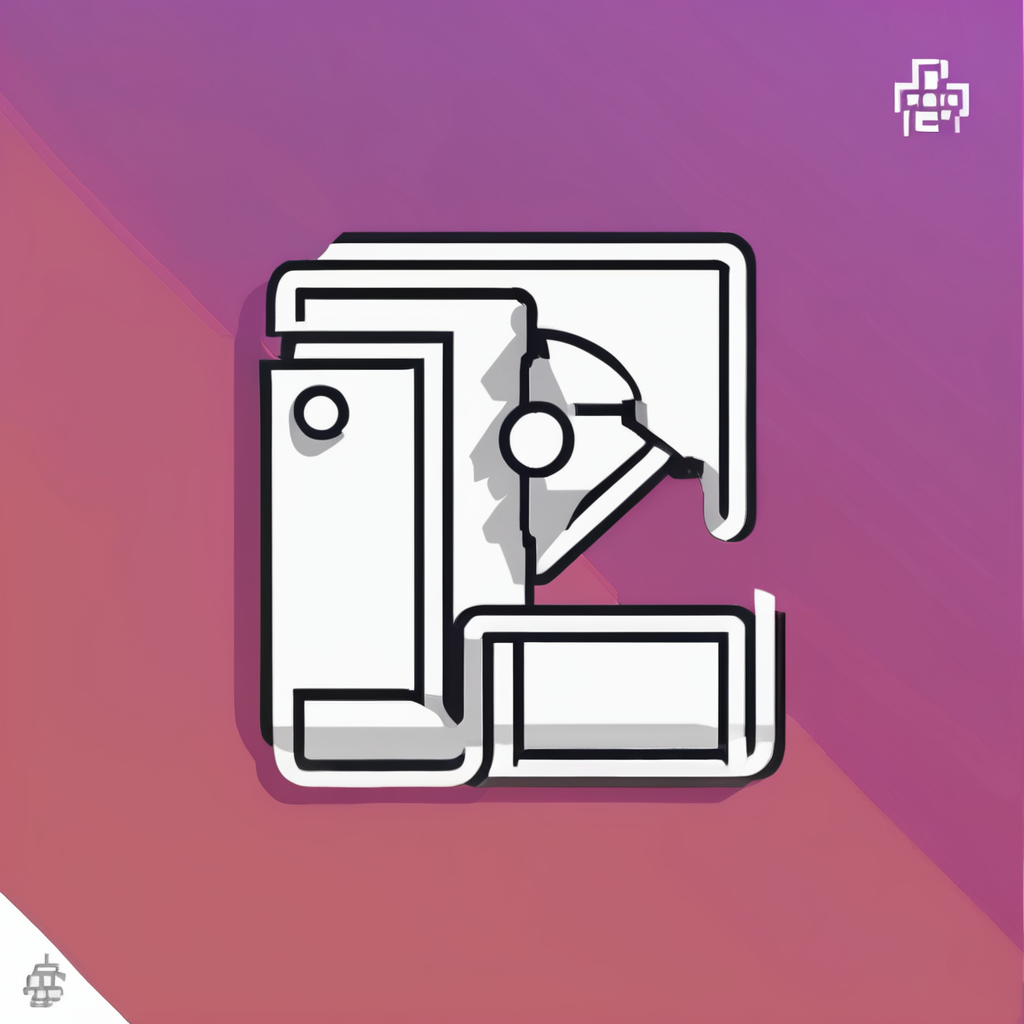Key Ways Emerging Technologies Are Impacting Life in the UK
Emerging technologies UK are rapidly reshaping how people live, work, and interact. Digital transformation UK is evident in sectors like healthcare, transportation, and education, driving efficiency and convenience. For instance, smart home systems now allow remote control of lighting and heating, influencing the impact on daily life by simplifying household management.
Technology trends UK also highlight the rise of artificial intelligence and 5G connectivity. These advances support faster communication and smarter services, enhancing everyday routines. Many UK residents experience improved access to information, remote working options, and personalized healthcare—showing why changes in everyday routines matter.
In the same genre : How Will Upcoming Technologies Transform UK Computing?
Moreover, digital transformation UK promotes sustainability through innovations such as electric vehicles and energy-efficient infrastructure. This supports the UK’s climate goals while providing practical benefits to individuals.
Understanding these technology trends UK helps residents adapt and benefit from progress. The impact on daily life is not just convenience—it represents opportunities for growth, community engagement, and environmental responsibility. The continuous evolution of emerging technologies UK promises to keep transforming how society functions on a fundamental level.
Have you seen this : Is the Future of High-Tech in the UK Changing with AI Innovations?
Artificial Intelligence and Automation in Work and Learning
Exploring the evolving landscape of digital transformation
The rise of AI in UK workplaces is reshaping job roles across industries, from manufacturing to services. Automation in workplaces introduces efficiencies by handling routine tasks, enabling employees to focus on strategic activities. This shift demands a workforce equipped with digital skills to collaborate effectively with intelligent systems.
Education technology UK is responding swiftly, offering innovative edtech solutions that transform traditional learning environments. These tools personalize education, providing real-time feedback and adapting content to individual learning paces. For professionals, e-learning platforms incorporate AI-driven analytics to identify skill gaps and recommend targeted training.
As AI and automation integrate deeply, the emphasis on digital skills grows. Organizations invest in upskilling to prepare employees for managing AI tools, ensuring smooth human-machine collaboration. Schools and universities leverage education technology UK to imbue students with competencies vital for future careers dominated by automation.
In summary, the synergy between AI in UK workplaces and evolving edtech solutions signals a transition toward a digitally fluent workforce. Embracing this change is key to unlocking sustained productivity and lifelong learning in an automated era.
Smart Homes and Internet of Things (IoT) Enhancing Everyday Convenience
The rise of smart homes UK is transforming how households interact with technology. Increasingly, UK homeowners are adopting IoT devices UK to create a more connected living environment. These devices range from smart thermostats to lighting systems that adjust automatically, providing enhanced comfort and energy efficiency.
Home automation UK offers seamless control through smartphones or voice assistants, allowing residents to manage multiple settings simultaneously. For instance, heating systems can adapt according to daily routines, reducing energy consumption without sacrificing comfort. Security is another major benefit; smart cameras and sensors monitor properties in real-time, alerting owners to unusual activity and remotely managing access.
The appeal of connected living lies in its ability to simplify daily tasks while improving home safety and sustainability. Adoption of smart homes UK continues to grow as more consumers recognise the convenience and cost savings provided by integrated technology. By embracing IoT devices UK, households unlock new levels of control that enhance lifestyle and peace of mind.
In summary, the integration of home automation UK and connected living technologies offers practical solutions that address comfort, efficiency, and security seamlessly within modern UK residences.
Digital Healthcare Advancements Changing Patient Experience
Advancements in digital healthcare UK are revolutionizing how patients interact with medical services. Telemedicine, a key component of this transformation, enables remote consultations that save time and reduce travel, making healthcare more accessible for those with mobility challenges or living in rural areas. Telemedicine also supports timely diagnosis and continuous care, improving overall treatment outcomes.
In addition, health tech UK innovations offer digital tools that streamline healthcare delivery. These include apps for booking appointments and managing prescriptions, as well as wearable devices that monitor vital signs in real-time. Such tools empower patients to take an active role in their health and enable clinicians to make data-driven decisions.
The NHS is at the forefront of NHS innovation by integrating these technologies into routine care. This integration improves efficiency and enhances patient satisfaction, facilitating easier access to medical advice and tailored healthcare plans. The focus on developing user-friendly platforms ensures that technological advances benefit a broad demographic, reducing inequalities in healthcare access while maintaining high standards of treatment quality.
Evolution of Transportation and Mobility through Technology
Transportation technology UK is rapidly evolving, reshaping how people and goods move. A prominent shift is the rise of electric vehicles, which reduce carbon emissions and reliance on fossil fuels. The UK government’s push for cleaner transport is accelerating electric vehicle adoption, supported by expanding charging infrastructure.
Mobility innovation extends beyond electrification. Automation plays a key role, with autonomous vehicles being tested for safety and efficiency. These advancements promise to cut traffic congestion and improve road safety by minimizing human error.
Public transport upgrades also reflect technology’s impact. Digital ticketing systems simplify fare payments, allowing passengers quick, contactless access across buses, trams, and trains. Such innovations enhance user convenience and reduce operational costs.
Moreover, smarter urban transport systems leverage data analytics and real-time tracking to optimize route planning and service frequency. This leads to smoother travel experiences and better integration between transport modes.
Collectively, these advancements in transport technology UK and mobility innovation reveal a future where sustainable, efficient, and user-friendly transport networks become the norm. Electrification, automation, and digital integration are cornerstones in building this future, improving accessibility and helping meet environmental goals.
Financial Technology (Fintech) Shaping How People Shop and Bank
Fintech UK has transformed both banking and retail by introducing innovative digital banking and cashless payments UK options. Mobile banking apps now allow users to manage accounts seamlessly on the go, eliminating the need for traditional branch visits. This shift to digital banking offers convenience, faster transactions, and enhanced security features such as biometric authentication.
Cashless payments UK have surged, driven by contactless cards and mobile wallets, making purchases quicker and more hygienic. Retailers across the UK have adapted to these e-commerce trends by integrating diverse payment methods, meeting consumer demand for fluid checkout experiences. The popularity of app-based wallets and instant payment services exemplifies how fintech UK shapes shopping habits.
These advancements also encourage financial inclusion, enabling broader access to essential banking services. The continuous improvement in digital banking interfaces and secure cashless payments UK fosters consumer confidence. As e-commerce trends evolve, they increasingly prioritize seamless payment solutions, reflecting the crucial role fintech UK plays in modernizing how people shop and bank. This symbiosis benefits consumers and businesses alike, streamlining financial and retail interactions.
Future Trends, Benefits, and Societal Challenges
As technology evolves, future trends UK indicate a growing integration of digital innovations into everyday life. Smart homes, AI assistants, and advanced healthcare technologies will revolutionize convenience and efficiency. However, these advancements also raise important questions about data privacy UK. Protecting sensitive information becomes crucial as more personal data is collected and analyzed.
The technology impact society will be profound, enhancing communication, education, and accessibility. Yet, it’s essential to recognize the risks of digital inequality UK, where underserved communities might lack access to these benefits. Bridging this gap is vital to prevent further societal division.
Addressing privacy concerns involves implementing stricter regulations and promoting user awareness. Meanwhile, expanding broadband access and affordable devices tackle digital inequality. Balancing innovation with ethical considerations ensures technology uplifts daily life without marginalizing vulnerable groups.
In essence, the future holds promising advances but demands proactive measures to manage privacy and equity. Embracing these changes thoughtfully will help society harness technology’s full potential responsibly.




